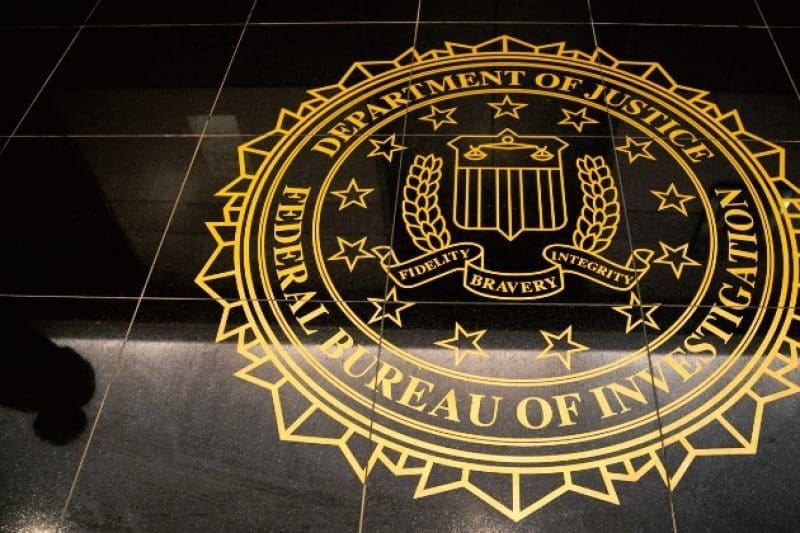With a massacre currently unfolding in the state—more than 53,000 Texans were killed through abortions in 2020—state lawmakers had the opportunity this year to approve a variety of proposals to protect babies in the womb and even ban abortion, but they passed only three main new state laws.
While the Republican-controlled Legislature approved House Bill 1280 and Senate Bill 4—laws that respectively ban abortion only if the U.S. Supreme Court overturns Roe v. Wade and outlaws chemical murder of a child only if the child is more than 49 days old—the nation’s attention has mainly been focused on the contentious Senate Bill 8: the Texas Heartbeat Act.
The “controversial” act, hailed by lawmakers as the monumental pro-life win of the year, prohibits an individual in the state to kill a pre-born child once the baby’s heartbeat is detected (though the law still does not protect a baby in the first few weeks of his or her life).
“A physician may not knowingly perform or induce an abortion on a pregnant woman if the physician detected a fetal heartbeat for the unborn child … or failed to perform a test to detect a fetal heartbeat,” the law reads.
Additionally, the Heartbeat Act is unique in its enforcement: It empowers citizens, not government officials, to sue abortion facilities and anyone who assists in executing a heartbeat-detected child.
“This bill will protect the lives of our most precious Texans starting at the moment that little heart is beating,” said Republican State Sen. Bryan Hughes (of Mineola), one of the bill’s authors. Pro-life nonprofit Texas Right to Life also called the bill a “pro-life priority” since it “stops abortion, draws attention to the humanity of the preborn child, and undermines the flawed foundation of Roe v. Wade.”
Since the Act was approved by the state Legislature in May, it has sparked a wildfire of backlash, with pro-abortion businesses, media, and elected officials—including President Joe Biden and his administration—raging against the law and suing to halt it.
Biden even called the Heartbeat Act “un-American” and promised a “whole-of-government effort” to retaliate.
“Imagine a world where people are mad about saving babies,” commented one citizen.
In December, the U.S. Supreme Court rejected pro-abortionists’ calls to stop the enforcement of the Heartbeat Act, and although limited challenges to the law continue to work their way through the courts, Texans are currently empowered by the law to sue abortionists who kill a heartbeat-detected baby.
Furthermore, Texans are still fighting to completely outlaw abortion in the state. Indeed, the abolition of abortion was one of the legislative priorities of the Republican Party of Texas, which specifically called upon the state Legislature this year to “abolish abortion by ensuring the right to life and equal protection of the laws to all preborn children from the moment of fertilization.”
However, the Republican-controlled House of Representatives—led by House Speaker Dade Phelan—has repeatedly killed that effort.
Texas now joins 13 states that have enacted similar heartbeat laws, with Arkansas arguably leading the national fight to protect American babies. Their state Legislature recently approved a near-complete ban on killing pre-born children, similar to the abolition law Texas lawmakers rejected.
“Performing or attempting to perform an abortion is an unclassified felony with a fine not to exceed one hundred thousand dollars ($100,000) or imprisonment not to exceed ten (10) years, or both,” the Arkansas law reads.
“We must abolish abortion in this nation just as we abolished slavery in the 19th century,” said Arkansas Republican Sen. Jason Rapert, the bill’s sponsor. “All lives matter.”





